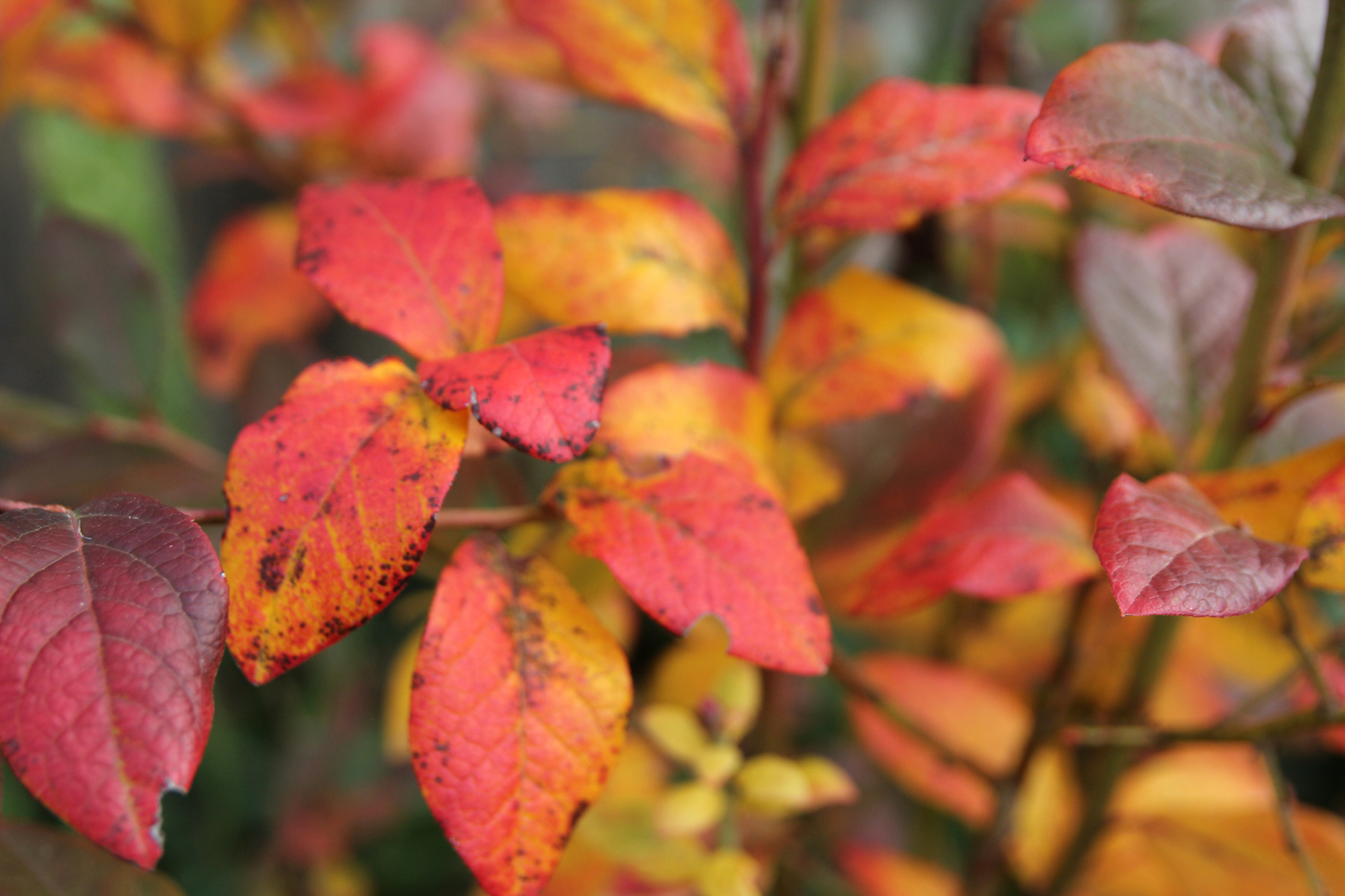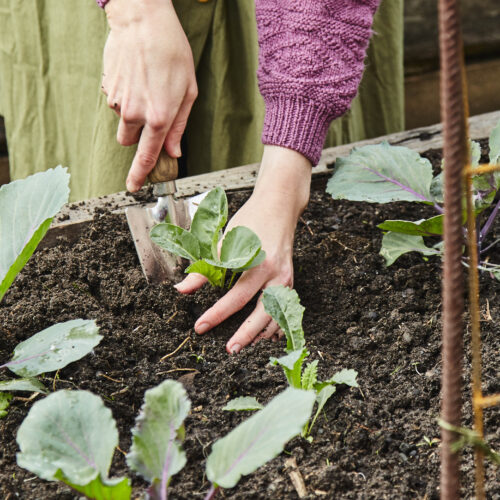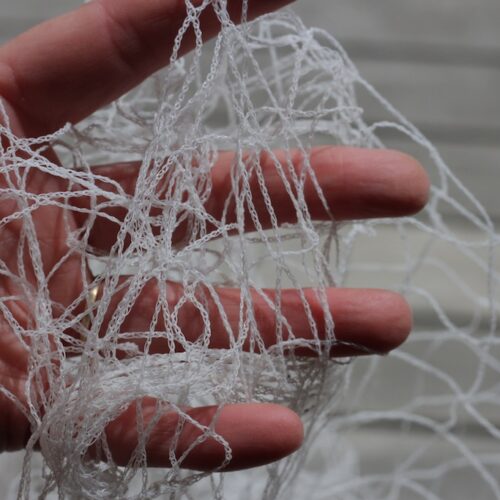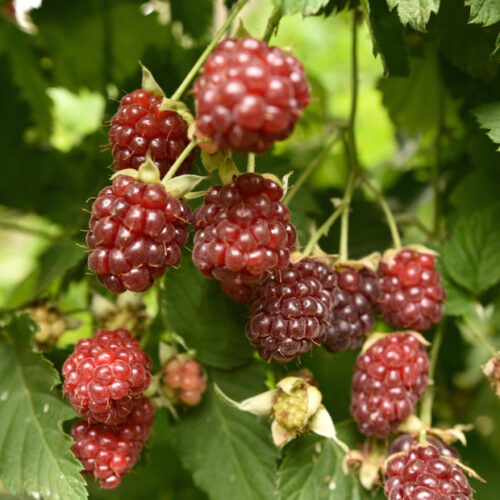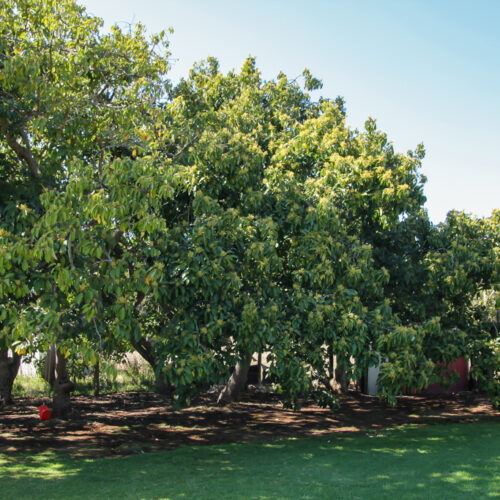Jobs for May
2014-05-01T03:01:26+10:00
JUSTIN RUSSELL has timely advice for seasonal garden jobs.
Winter is almost upon us — it’s time to reap a late harvest, sow green manures, and sit around in the fading sun doing absolutely nothing but enjoying the season.
By this point in the year, most of cool temperate Australia will have had a frost, or will be just days away. Up in the north, the wet season is having a final fling before conditions dry off. In arid zones, the air is becoming blessedly cool and some parts may have even had much needed rain. Yep, winter is almost upon us and if you haven’t already prepared, here’s a list of jobs you can do this month in your neck of the woods.
Tomatoes and capsicums have just about had their last hurrah in cool climates, but that doesn’t mean you have to waste whatever fruit is left on the plants. Three options are available. One is to pick the green fruit and either eat it fresh (capsicums) or make it into pickles (tommies). Another option is to pick blushing fruit and ripen it a warm spot indoors. The third option is to pull out the plants roots and all, and hang them upside down in a warm shed. The fruit will continue to ripen until the weather cools right down.
In my area, autumn rains have brought on a spring-like flush of growth. It looks beautiful, but the downside is that tender new foliage is vulnerable to frost damage. It’s going to be extra important to provide protection, so I’m preparing frost cloth ready to throw over shrubs and small trees on the coldest nights. For larger plants, I’m planning to mist the foliage at dusk to create an insulating barrier of ice. It sounds counterintuitive, but it works!
It’s the best time of the year to sow cool season green manure crops. Go for a seed mix containing barley/oats/wheat for bulk organic matter, a mustard for soil fumigation, and a legume for nitrogen fixing. To get the best out of the latter, considering inoculating the seed with rhizobium bacteria. Most seed suppliers have cool season mixes and inoculant available. In the tropics, summer green manure mixes can be sown as well.
Mushrooms have made the news again this month, with four people poisoned after picking and consuming wild Death Cap fungi. You should only harvesting wild mushrooms if you are 100 percent sure of what you are picking. As a safer alternative, try growing mushies from a kit. They’re available now and come in various forms, from a box filled with inoculated compost to packets of dried spores that can be scattered over potting mix or soil.
As we approach the winter solstice, the sun gets lower and lower in the sky and light levels fade. This means that parts of the garden that receive full sun in summer, may well be in full shade during winter. You can utilise this shade to your advantage, especially in warm temperate, arid, and subtropical areas by using it to plant leafy (non flowering) plants. English spinach performs well in winter shade, as does kale, bok choy, lettuces and coriander. Note that shady areas can be prone to winter waterlogging, so adjust your watering regime accordingly.
Don’t waste the opportunity to enjoy your autumn garden. It’s a beautiful time to down tools and sit outside in the sun with a cuppa, watching the leaves of deciduous trees fall or just taking in what has to be the best season of the year. Lap it up…winter is just around the corner.

